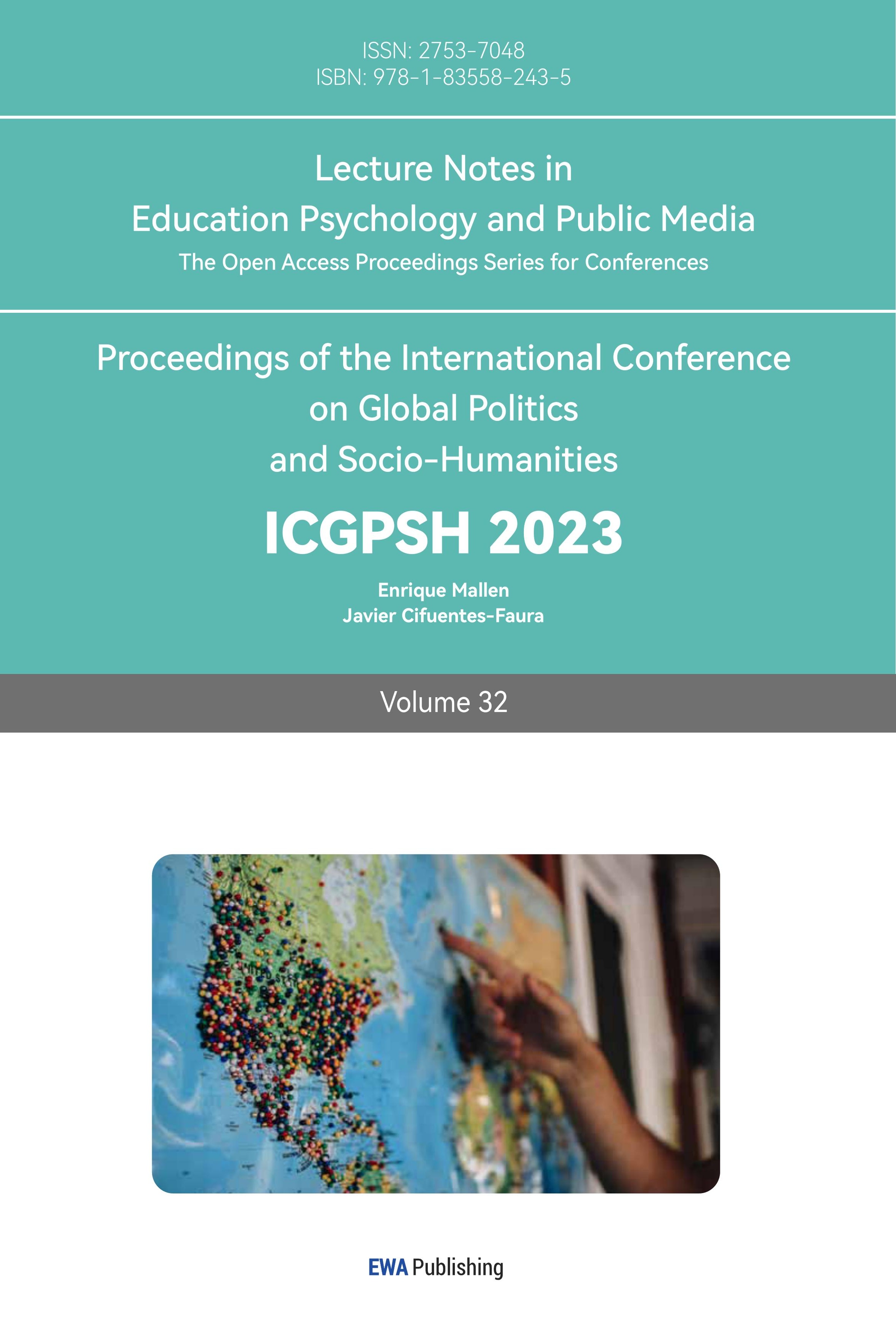References
[1]. Jie Cheng. On Hong Kong's Judicial Power under the Two-Track Politics - A Reconsideration under the Constitutional Dimension[J]. China Legal Science. 2006(05):47-59.
[2]. Chandao Li. An Analysis of the Mechanism for Interpreting the Basic Law of Hong Kong[J]. Fudan Journal (Social Sciences Edition). 2008(03):62-70.
[3]. Pingxue Zou. Ruminations on the Basic Features of the Mechanism for Interpreting the Basic Law of Hong Kong[J]. Law Science.2009(05):119-123.
[4]. HaiLin Liu. Article 158 of the Hong Kong Basic Law: Drafting process, normative meaning, and interpretative practice [J]. Journal of the East China University of Politics & Law.2020,23(05):45-57.
[5]. Zhiming Li. The Standing Committee of the National People's Congress explains the national governance functions of the Hong Kong Basic Law [J]. Huxiang forum.2018,31(05):126-134.
[6]. Xiaonan Yang. Interpret the Hong Kong Basic Law from the Perspective of the Relationship between the Central Authorities and the Local Authorities [J]. Zhejiang Social Sciences.2020(10):44-53+157.
Cite this article
Xie,S. (2023). Research on the System of Interpretation of the Basic Law of Hong Kong. Lecture Notes in Education Psychology and Public Media,32,33-37.
Data availability
The datasets used and/or analyzed during the current study will be available from the authors upon reasonable request.
Disclaimer/Publisher's Note
The statements, opinions and data contained in all publications are solely those of the individual author(s) and contributor(s) and not of EWA Publishing and/or the editor(s). EWA Publishing and/or the editor(s) disclaim responsibility for any injury to people or property resulting from any ideas, methods, instructions or products referred to in the content.
About volume
Volume title: Proceedings of the International Conference on Global Politics and Socio-Humanities
© 2024 by the author(s). Licensee EWA Publishing, Oxford, UK. This article is an open access article distributed under the terms and
conditions of the Creative Commons Attribution (CC BY) license. Authors who
publish this series agree to the following terms:
1. Authors retain copyright and grant the series right of first publication with the work simultaneously licensed under a Creative Commons
Attribution License that allows others to share the work with an acknowledgment of the work's authorship and initial publication in this
series.
2. Authors are able to enter into separate, additional contractual arrangements for the non-exclusive distribution of the series's published
version of the work (e.g., post it to an institutional repository or publish it in a book), with an acknowledgment of its initial
publication in this series.
3. Authors are permitted and encouraged to post their work online (e.g., in institutional repositories or on their website) prior to and
during the submission process, as it can lead to productive exchanges, as well as earlier and greater citation of published work (See
Open access policy for details).
References
[1]. Jie Cheng. On Hong Kong's Judicial Power under the Two-Track Politics - A Reconsideration under the Constitutional Dimension[J]. China Legal Science. 2006(05):47-59.
[2]. Chandao Li. An Analysis of the Mechanism for Interpreting the Basic Law of Hong Kong[J]. Fudan Journal (Social Sciences Edition). 2008(03):62-70.
[3]. Pingxue Zou. Ruminations on the Basic Features of the Mechanism for Interpreting the Basic Law of Hong Kong[J]. Law Science.2009(05):119-123.
[4]. HaiLin Liu. Article 158 of the Hong Kong Basic Law: Drafting process, normative meaning, and interpretative practice [J]. Journal of the East China University of Politics & Law.2020,23(05):45-57.
[5]. Zhiming Li. The Standing Committee of the National People's Congress explains the national governance functions of the Hong Kong Basic Law [J]. Huxiang forum.2018,31(05):126-134.
[6]. Xiaonan Yang. Interpret the Hong Kong Basic Law from the Perspective of the Relationship between the Central Authorities and the Local Authorities [J]. Zhejiang Social Sciences.2020(10):44-53+157.









